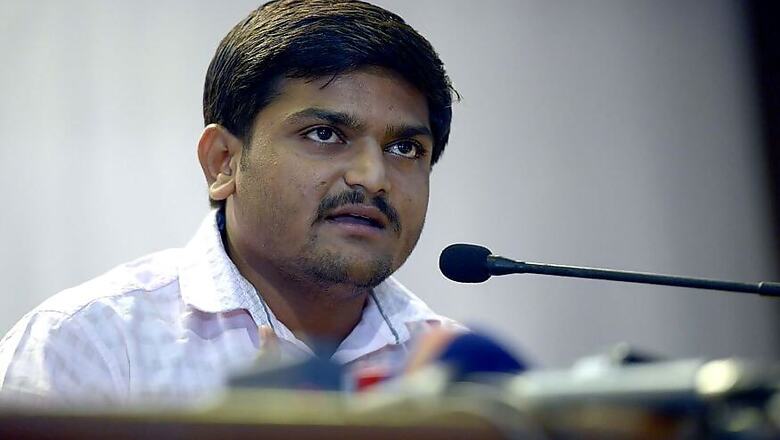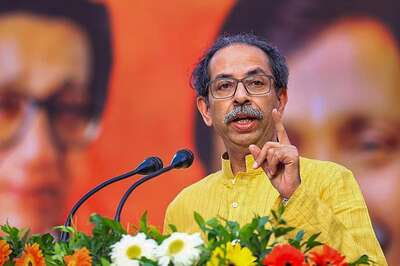
views
Politics—in a democracy or in any other form of governance—is about countervailing forces seeking to maximize gains that flow out of the existing power structure. Social groups compete, align, oppose and strike deals to apportion—for themselves and their ilk—and secure their interests. A healthy electoral democracy evolves precisely through this mechanism.
As in any other form of governance, it is likely that distortion may creep into these mechanisms for various reasons. And leaderships may take decisions which may not be in the best interest of the constituency they represent.
Does democracy has enough in-built mechanism to offset such distortions? Left Front ruled West Bengal for a very long time, more than three decades. Sidharth Shankar Ray was the last Congress chief minister of the state. His handling of the anti-Naxal operations notwithstanding, was there not a leader or mechanism by which the Congress Party could challenge the Left hegemony in Bengal? The party over the years produced some great talent- Pranab Mukherjee, Priyaranjan Das Munshi, Adheer Ranjan Chaudhary.
It was only when Mamata Banerjee decided to walk out of the Congress to mount a real challenge to the CPM that the Left rule ended in Bengal. So were the three states of Kerala, WB and Tripura—part of a cosy arrangement with the Left—whose disproportionately greater influence on the intelligentsia provided Congress the ideological bulwark at the national level.
In Gujarat, for instance, Congress over the years has done reasonably well in rural areas. In Assembly and in Lok Sabha polls, the party has polled more than 30% votes. But at the same time, party has not shown any real inclination to challenge the ruling dispensation to emerge as the alternative.
So if the main opposition party does not do what it is expected of, the people create their own alternatives. That is the beauty of democracy.
Hardik Patel, Jingnesh Mevani, Alpesh Thakor, Chotubhai Vasava are all creations of the same in-built mechanisms.
Sheila Dikshit ruled Delhi unchallenged for fifteen years. If the BJP could not provide an alternative, people chose Aam Aadmi Party. Similarly, in Punjab, the Congress very nearly survived the same fate as the BJP in Delhi by putting its act together and rallying around Captain Amarinder Singh.
One does not have to look afar. The history of contemporary Indian politics is strewn with such examples. In the recent Uttar Pradesh local body polls, BJP had an easy run. Opposition was divided, Samajwadi Party, Bahujan Samaj Party and Congress showed neither grit nor determination to take on the BJP.
Despite the indifference, the BSP on its debut in Mayoral election won two seats and the Congress stood second at four places.
People created own pressure groups and opposition. That is the beauty of democracy. As they say you can’t fool all the people all the time.




















Comments
0 comment